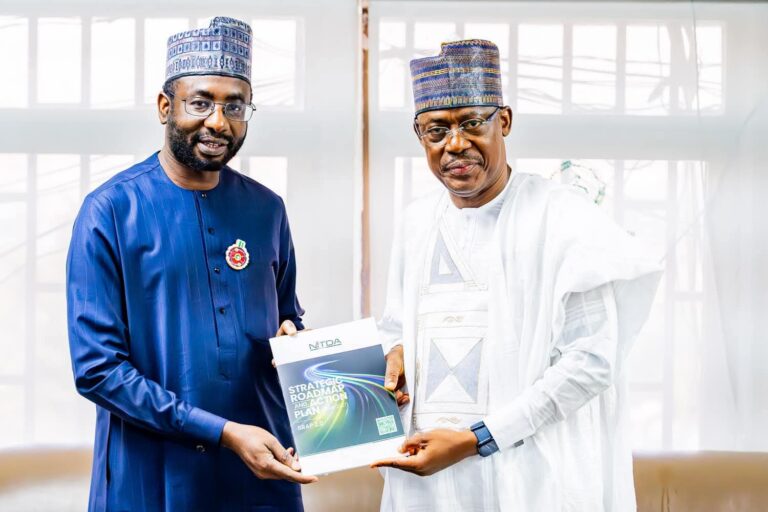The National Information Technology Development Agency (NITDA) and the National Universities Commission (NUC) have joined forces to make digital literacy a core part of university education in Nigeria.
The partnership aims to equip students with essential digital skills to prepare them for the digital economy. This initiative builds on the success of the Digital Literacy for All (DL4ALL) program at Nasarawa State University, Keffi.
NITDA’s Director-General, Kashifu Inuwa Abdullahi, emphasized the importance of digital literacy in achieving Nigeria’s digital economy goals. He stated that the goal is to achieve 70% digital literacy by 2027 and 95% by 2030.
By making digital literacy a mandatory course, similar to English and Mathematics, NITDA and NUC aim to empower students to navigate and contribute to the digital world effectively.
The collaboration also seeks to align university education with industry demands, particularly through the Nigerian Start-Up Act. This will enable universities to produce graduates who are job creators, not just job seekers.
Both NITDA and NUC recognize the challenges faced by Nigerian universities in terms of digital infrastructure. However, they are optimistic about the potential of this partnership to drive digital transformation within the higher education sector.
By integrating digital literacy into the curriculum and exploring the potential of emerging technologies like artificial intelligence, Nigerian universities can better prepare students for the future.
Commenting on the collaboration, Executive Secretary of NUC, Chris J. Maiyaki, commended the initiative and affirmed NUC’s commitment to driving digital transformation within Nigeria’s university system.
“The rapidity of change in the digital revolution makes a strong case for the Nigerian university system to be part and parcel of this transformation. Digital literacy is one resource with profound impact; you can hardly function today without significant technological skills.”
While acknowledging the challenges faced by Nigerian universities in terms of digital infrastructure, Maiyaki expressed optimism about the partnership, and reaffirmed his commitment towards its full implementation.



